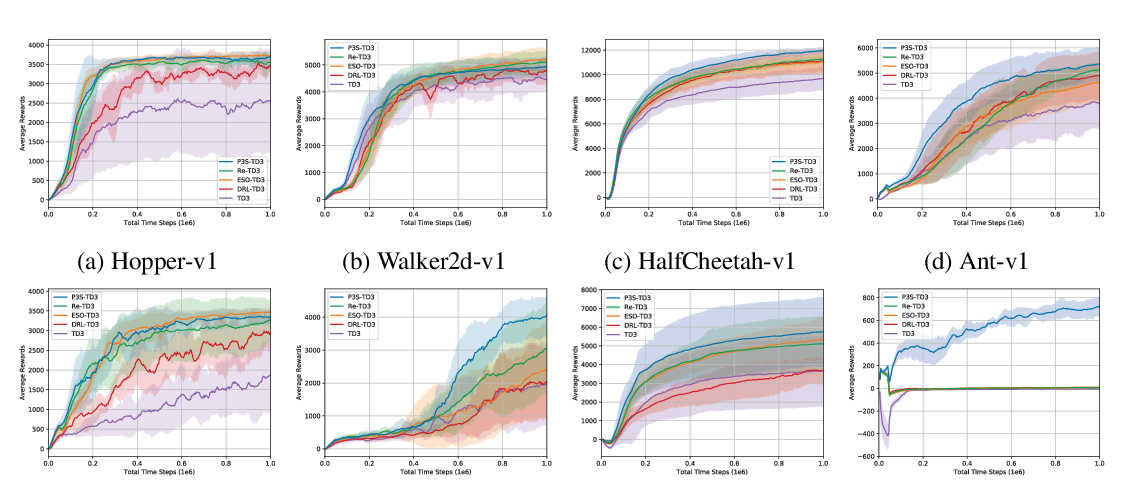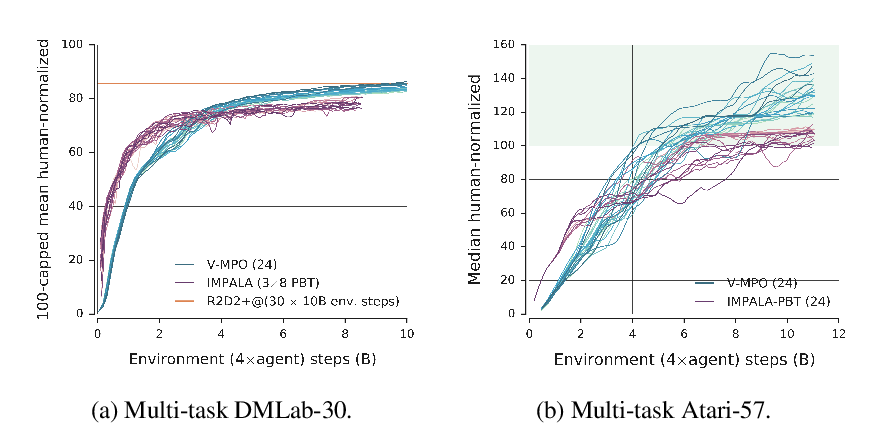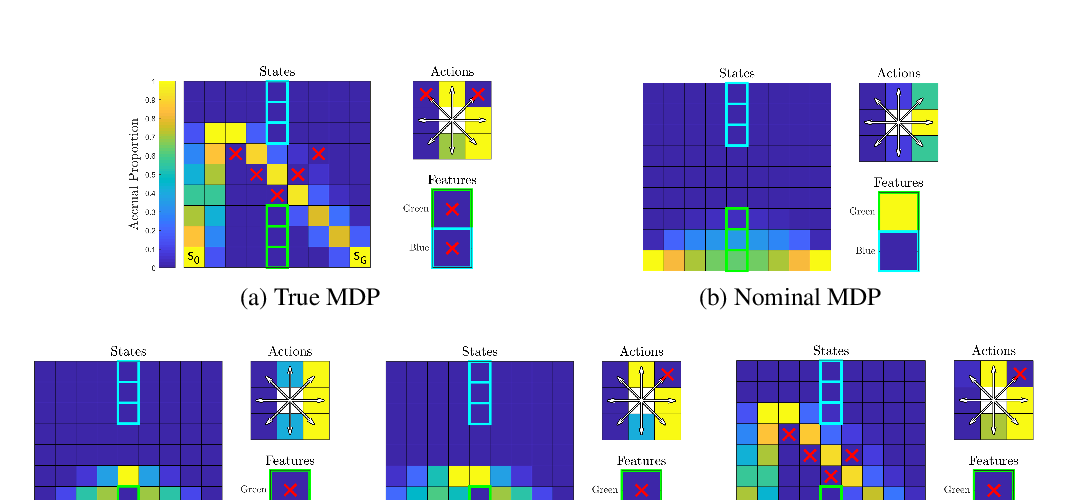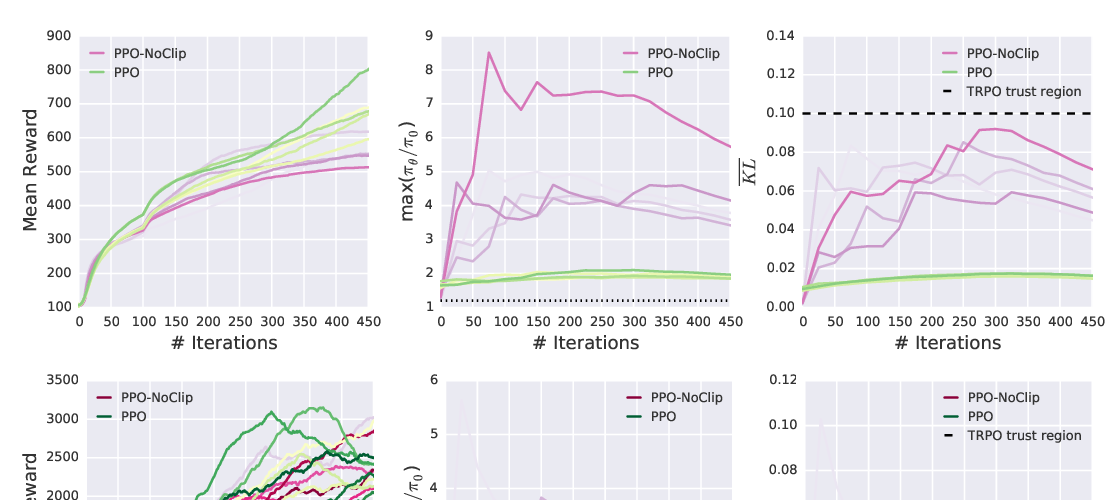Abstract:
We consider the problem of learning control policies that optimize a reward function while satisfying constraints due to considerations of safety, fairness, or other costs. We propose a new algorithm - Projection-Based Constrained Policy Optimization (PCPO), an iterative method for optimizing policies in a two-step process - the first step performs an unconstrained update while the second step reconciles the constraint violation by projecting the policy back onto the constraint set. We theoretically analyze PCPO and provide a lower bound on reward improvement, as well as an upper bound on constraint violation for each policy update. We further characterize the convergence of PCPO with projection based on two different metrics - L2 norm and Kullback-Leibler divergence. Our empirical results over several control tasks demonstrate that our algorithm achieves superior performance, averaging more than 3.5 times less constraint violation and around 15% higher reward compared to state-of-the-art methods.



